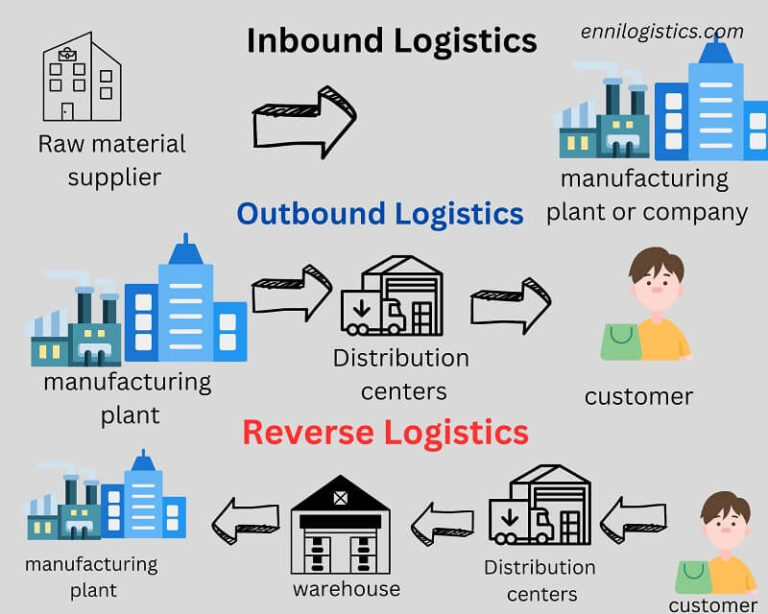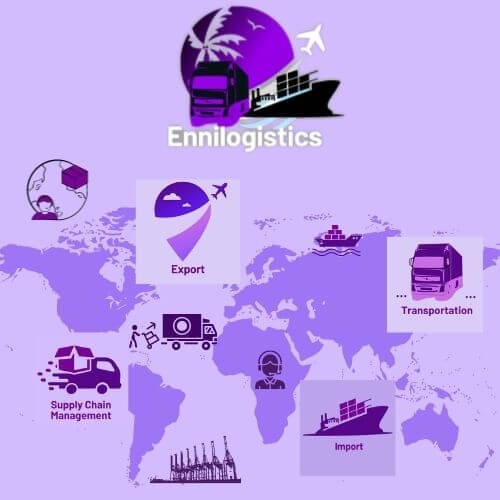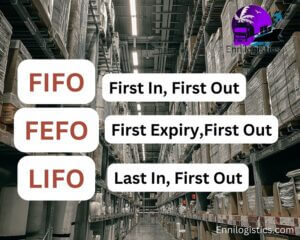Logistics term is a very famous word in international and local trading. Here we are going to identify the meaning of logistics and the main 3 types of logistics.
Firstly, going to identify the History of Logistics.
History of logistics
History said that The word logistics is first found in the summary of the “Art of War” book which was written by Antoine-Henri Jomini, who was a writer as well as a military officer in swiss.
The word logistics came to the English language in early 1846, from the French word “logistique”.
Next move into definitions of the logistics.
Definition of logistics
Here we are going to identify the very first and oldest definition of logistics.
The very first definition of logistics by Jomini,
“The art of well-ordering the functionings of an army, of well combining the order of troops in columns, the times of their departure, their itinerary, the means of communication necessary to assure their arrival at a named point”
Next move on to the Oxford dictionary definition of logistics.
Oxford Dictionary’s definition of “logistics”
”The practical organization that is needed to make a complicated plan successful when a lot of people and equipment are involved” or “The business of transporting and delivering goods”.
Next different definitions of the Logistics by military.
Military definition of the “logistics“,
“The discipline of planning and carrying out the movement, supply, and maintenance of military forces”
Next, we can identify the meaning of logistics management.
Definition of Council of Supply Chain Management Professionals (CSCMP)
“Logistics management is that part of supply chain management that plans, implements, and controls the efficient, effective forward and reverses flow and storage of goods, services, and related information between the point of origin and the point of consumption in order“.
Now you have a clear idea of the definitions of the logistics. Next, we move on to the meaning of the logistics from the basic level.
What is the meaning of Logistics?
Logistics is simply defined as related activities within a supply chain. All the activities are related from the origin point of raw material supply and the end with the consuming finished product.
Activities of Logistics start with the planning to purchase raw materials and end with the final customer consuming the product. These activities need to do with proper planning and proper management of the activities called logistics.
Commonly forward Logistics is called Logistics.
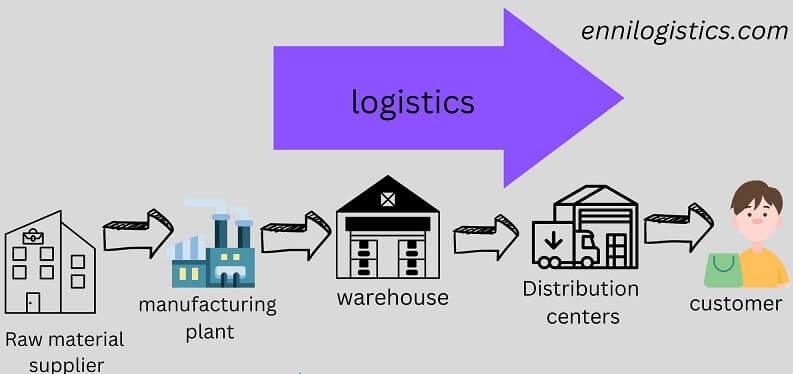
What is Logistics?
It is a flow of goods or services from one point to another by providing storage facilities and transporting facilities in a supply chain. There is money and information flow also.
When considering the company or business side, can be divided into 3 categories of logistics.
- Inbound Logistics
- Outbound Logistics
- Reverse Logistics
1. Inbound logistics
Delivery is done for a company or plant to manufacture something. It is towards the company.
Example: Garment production
Assembling raw materials to warehouse and manufacturing products.
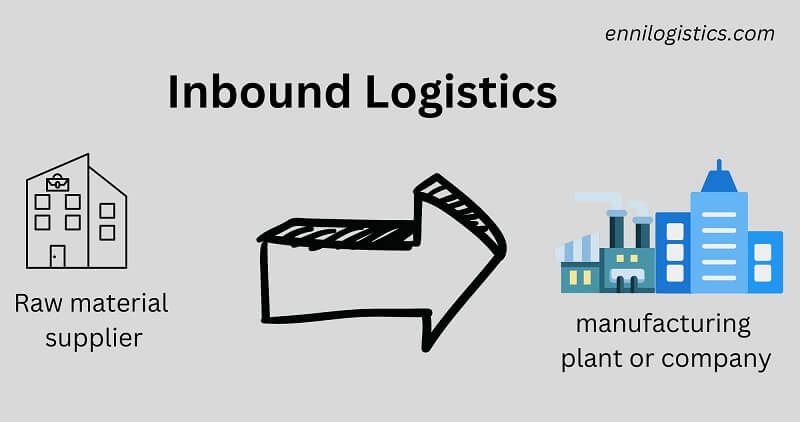
2. Outbound logistics
This is the process of transport and delivery storage done after the manufacture of a product. selling items to end users, outlet centers, and distribution centers for sale.
for example, after the manufacturing of the garment, send them to sales outlets or export centers.
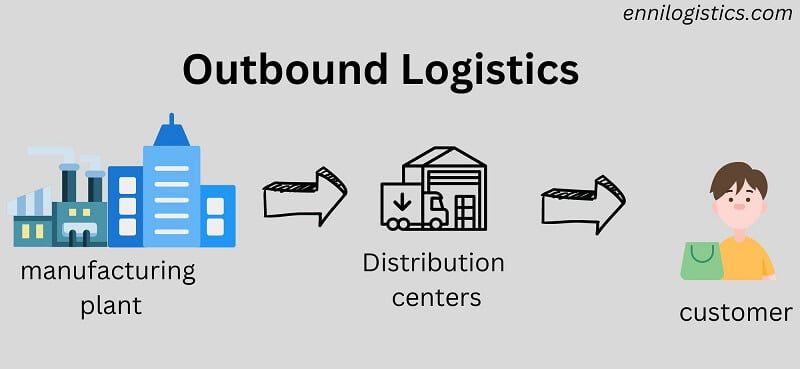
3. Reverse logistics
With the involvement of the same process from point B to Point A called reverse logistics.
In a supply chain reverse process of operational activities is called reverse logistics. Product flow starts with the customer to the manufacturer.
So we can say reverse logistics is the “operational process of reverse flow of a supply chain in a cost-effective and efficient.” it is involved planning and executing.
Items are involved with the reverse logistics process, it may be value addition otherwise they should be disposed of.
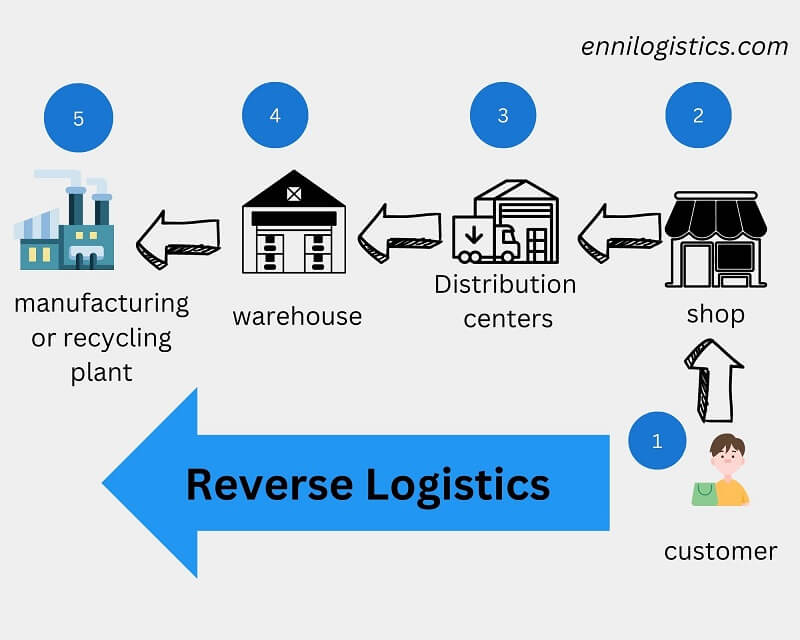
Reasons /causes for reverse logistics?
- Customer returns
- Unsold products
- Refurbishing
- End of life/exceeds the expiry date.
- Recycling
https://www.high-endrolex.com/8
- Reuse of packaging
- Remanufacturing
- Delivery failure
- Repair and maintenance
- Warranty claims
Logistics use in different industries-Examples
Retail industry
Inventory management. For maintaining the right amount of inventory level retailers need to use logistics for purchasing goods and sending goods according to customer orders. So they have to use transportation services to send customers’ orders as well as purchase goods for inventory.
Manufacturing industry
Get the raw materials for production. Store facilities for keeping raw materials, work-in-progress goods, and finished goods. After the manufacturing process is over the need to distribute goods for outlets, warehouses, distribution centers, or import and export processes or direct supply of the customer. So the manufacturing company needs to supply of transportation and warehousing facilities.
Transportation industry
Logistics need to prepare and arrange transportation needs, such as driver’s schedule planning, fleet planning, route optimization plan, cargo loading, and unloading plan, shipment tracking, etc.
Logistics service providing industry
Logistics providers need logistics concepts for different types of services such as customs clearance, warehousing, freight forwarding, and transportation process
Related posts you may like to read,
7 Rights Of Logistics (7R S): For Learning Logistics Easily
- Reverse Logistics: Everything you need to know
- What Is Third Party Logistics(3PL)?:Everything You Need To Know
- Procurement And E-Procurement: Everything You Need To Know
- What Is Bonded Warehouse: Everything You Need To Know
- How To Make Your Last-Mile Delivery Super Easy
- How To Start A 3PL (Third Party Logistics) Company?
- New Trend In Transportation And Logistics: Drone Logistics

